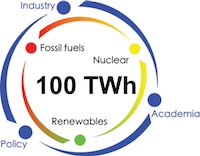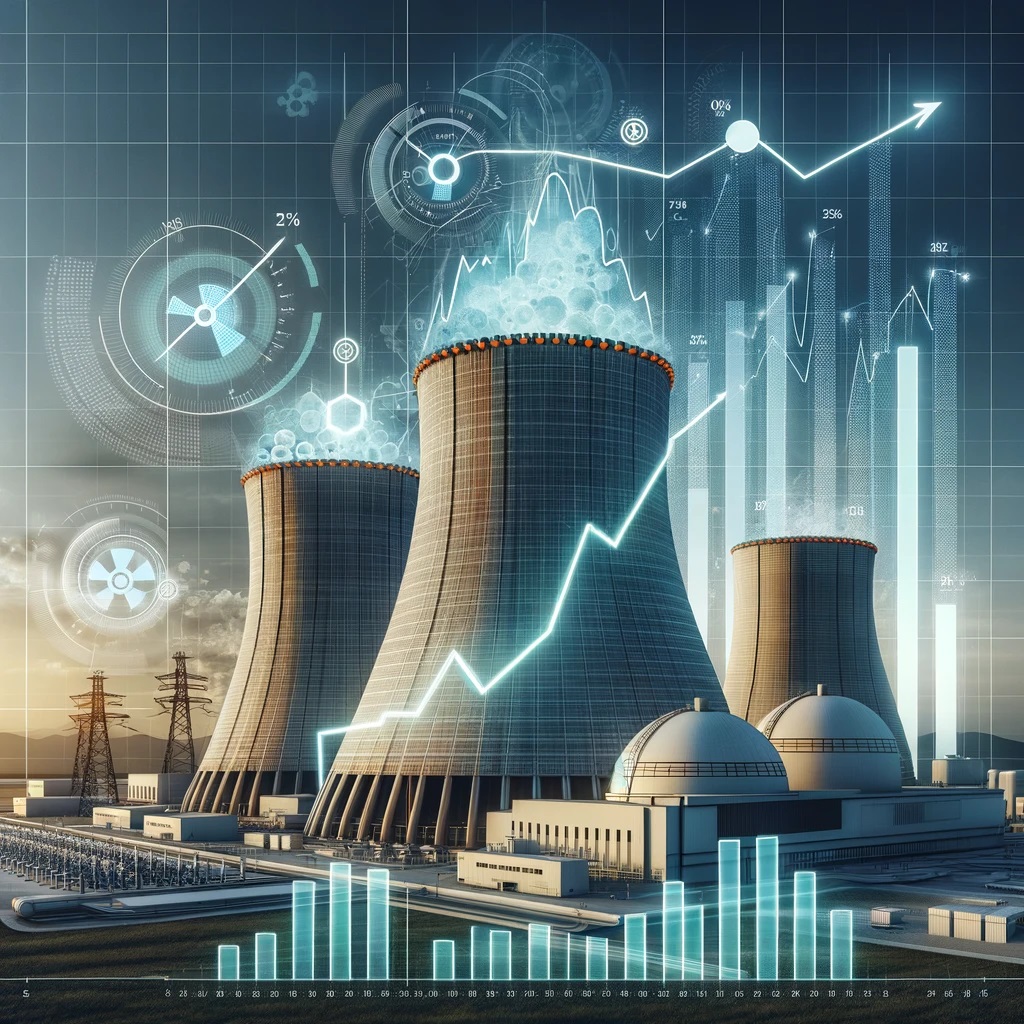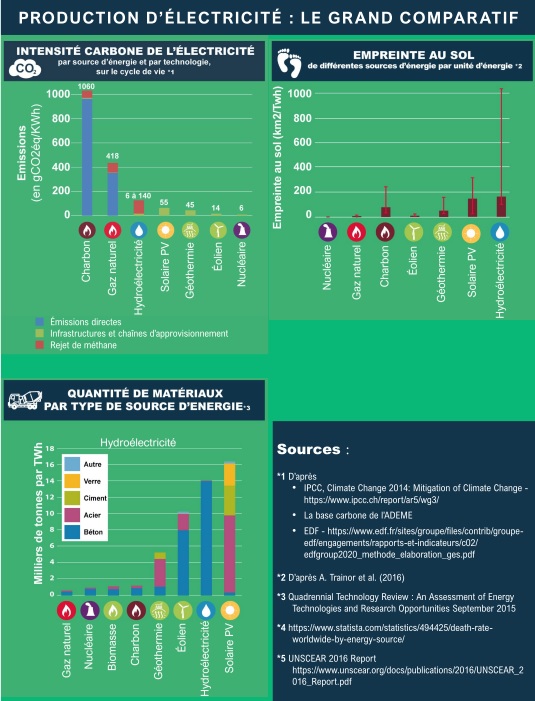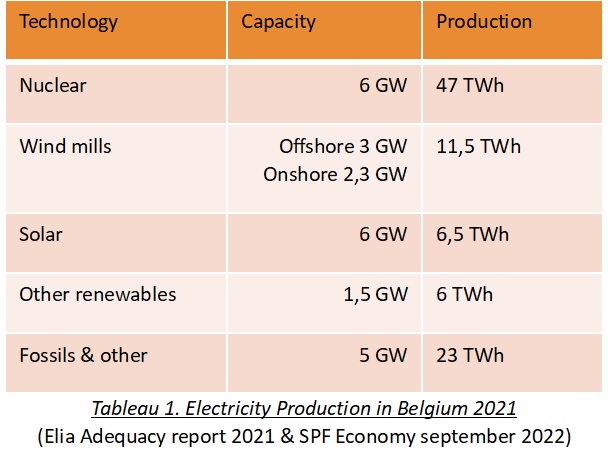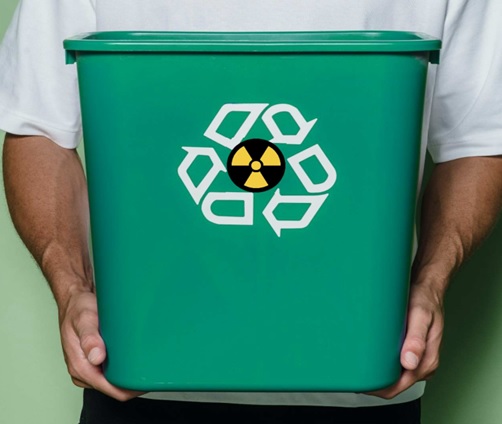Nuclear topics
Here are some synthese topics on nuclear issues : 01 Economics of nuclear power – 02 Carbon footprints of energy systems – 03 Arguments against nuclear power – 04 Nuclear electricity worldwide and in Belgium – 05 Promise of thermonuclear fusion – 06 Safety of nuclear reactors – 07 safety…
